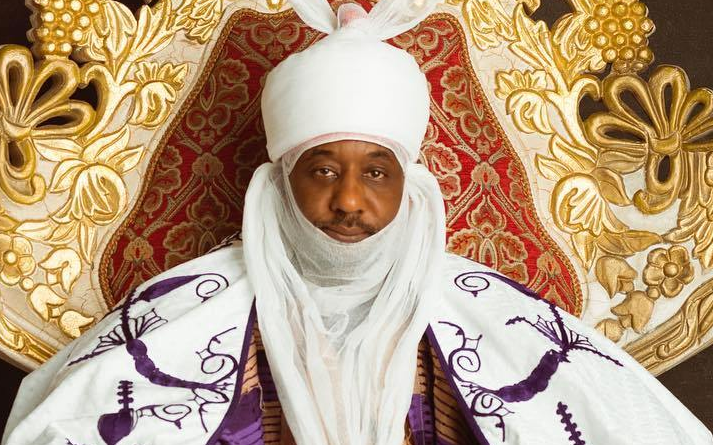The recent outburst by Musa Yusif, the self-styled Asadussunnah (Lion of the Sunnah), is nothing short of a disgrace to the Islamic scholarship he claims to uphold. His attempt to mock Emir Muhammadu Sanusi II in the wake of the tragic killing of Kano hunters in Edo State exposes a deeper malaise within sections of the Muslim clergy—a reckless disregard for truth and a penchant for slander and fake news. In his misguided rant, Yusif not only ridiculed the Emir but also peddled an outright lie, alleging that Sanusi handed over Yunusa Yellow to the Bayelsa State government during the infamous elopement case involving a Bayelsan girl. This fabrication has now been exposed by none other than Yellow himself, who, in a video, clarified that the Emir did no such thing and, in fact, made efforts to mediate fairly.
This incident is not just an indictment of Musa Yusif’s character; it is a disturbing reflection of how some individuals, under the guise of religious scholarship, have turned the pulpit into a platform for misinformation. Islam places immense emphasis on truthfulness and the verification of information before dissemination. The Qur’an explicitly warns against spreading unverified claims, stating:
“O you who have believed, if there comes to you a disobedient one with information, investigate, lest you harm a people out of ignorance and become, over what you have done, regretful.” (Qur’an 49:6)
Yet, despite this divine warning, Musa Yusif chose to ignore due diligence, carelessly defaming a leader without any proof. His behavior contradicts the very ethics that Islam demands of its adherents, particularly those who assume positions of religious authority. A true scholar is bound by the responsibility to seek the truth, to be fair in speech, and to avoid engaging in slander. Musa Yusif has failed on all these counts.
Slander (buhtan) is one of the gravest sins in Islam. The Qur’an equates it with consuming the flesh of one’s dead brother, a metaphor so powerful that it should strike fear into the hearts of those who engage in defamation. The Prophet Muhammad (peace be upon him) further emphasized the seriousness of false accusations, stating that the one who falsely attributes something to another will bear the burden of that sin in the hereafter. For a cleric who postures as a defender of the Sunnah, Musa Yusif has demonstrated a shocking ignorance of its core principles.
What is even more alarming is the growing trend of clerics who exploit religion to peddle personal vendettas and stir public sentiment. Musa Yusif’s video is not an isolated incident but part of a wider problem where individuals, under the guise of religious authority, abuse their influence to spread misinformation. This distortion of scholarship is dangerous. It misleads the Muslim community, fosters unnecessary divisions, and ultimately weakens the moral fabric of society. A true Islamic scholar embodies humility, wisdom, and a commitment to justice—traits that are conspicuously absent in Musa Yusif’s conduct.
Emir Sanusi, whatever one’s opinion of his leadership, is a figure known for his intellectual depth and commitment to justice. He has been a vocal advocate for social reforms, economic equity, and the ethical application of Islamic principles in governance. To fabricate a lie against such a person is not just a disservice to him as an individual but an insult to the integrity of truth itself. If Musa Yusif had any genuine grievance, the Islamic approach would have been to seek clarity, engage with evidence, and uphold the standards of justice. Instead, he resorted to baseless slander, exposing himself as a charlatan rather than a scholar.
The Muslim community must take this as a cautionary tale. In an era where misinformation spreads rapidly, it is imperative to scrutinize the words of those who claim to speak in the name of Islam. The integrity of religious discourse must be protected from individuals who wield the pulpit as a weapon of defamation. Musa Yusif’s actions should be condemned unequivocally, not just because they malign an individual but because they represent a deeper betrayal of Islamic ethics. If he is truly a man of the Sunnah, let him reflect on the gravity of his words and seek repentance. For in the end, the truth will always prevail, and those who trade in falsehoods will be left to face the consequences of their deception.
Musa wrote in from Kano








